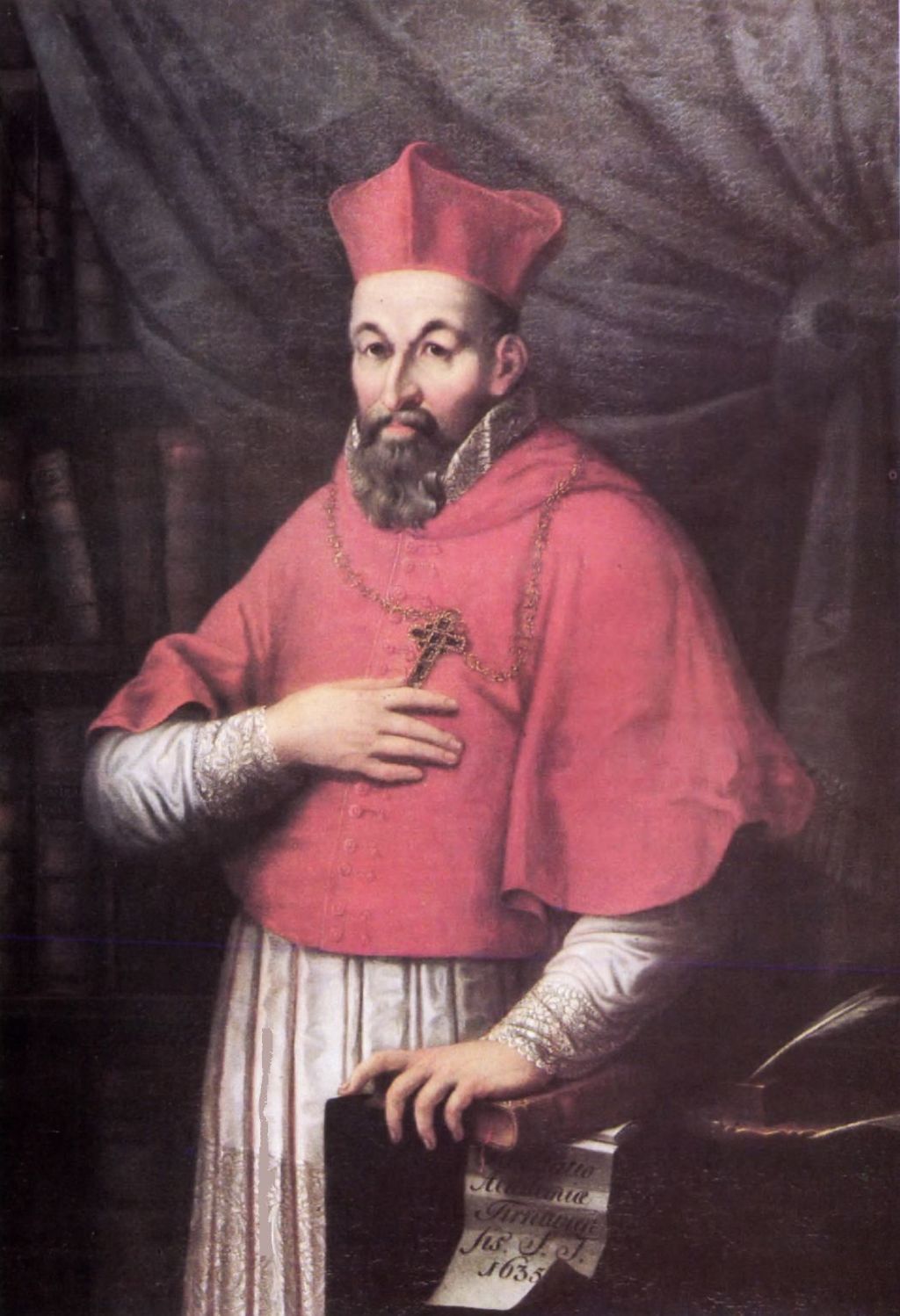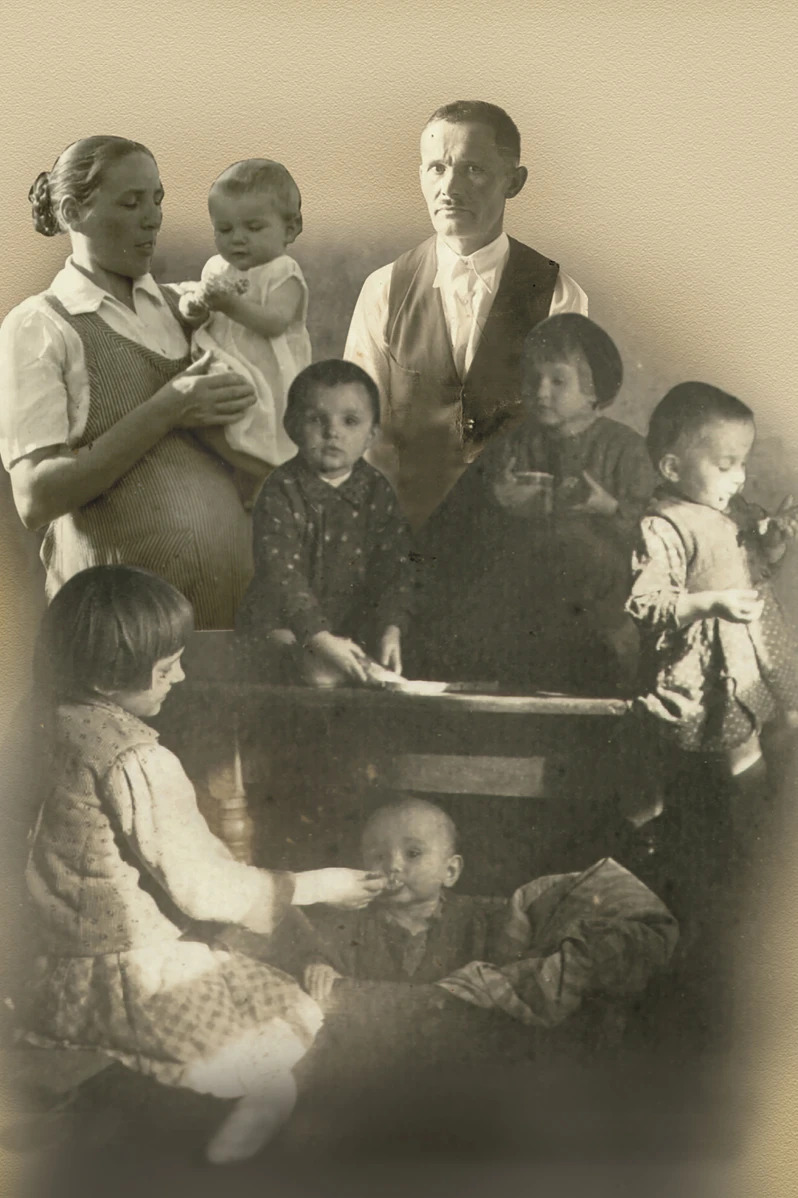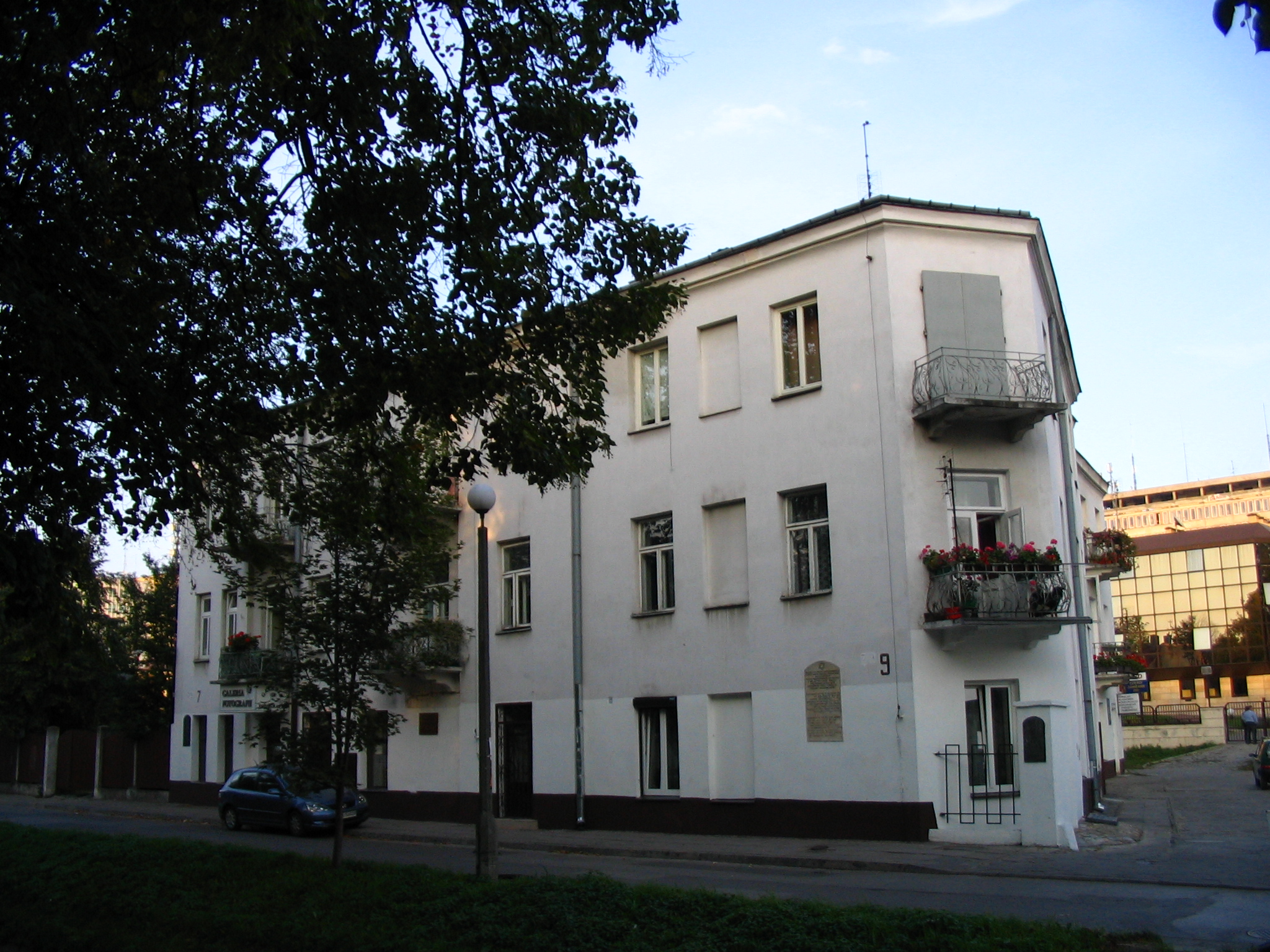University of Nagyszombat and Péter Pázmány – Education of the Catholic Church in Hungary – Nagyszombat (Trnava)
Fact of the Hungarian figure „First university of Hungary (Universities and sciences)”
Part of the „Transfer of the culture” topic
The University of Nagyszombat (today’s Trnava, Slovakia) was founded in 1635 by Péter Pázmány, a key figure in the Counter-Reformation and one of the most influential leaders of the Catholic Church in Hungary. Pázmány’s goal was to restore Catholicism’s influence in a country where Protestantism had gained significant ground. By founding the university, he sought not only to educate clergy but also to provide a broader Catholic education to the Hungarian nobility and future leaders. This institution played a crucial role in revitalizing Catholic intellectual life in the region, and it became one of the foremost educational centers in Central Europe.
The University of Nagyszombat began with faculties of philosophy and theology, later expanding to include law and medicine. Pázmány’s vision for the institution was inspired by the Jesuit education model, emphasizing rigorous scholarship and the moral education of students. The university remained a pivotal educational and religious institution for over a century, contributing significantly to the cultural and intellectual development of Hungary and neighboring Central European regions.
Péter Pázmány (1570–1637) was one of the most influential figures in the Hungarian Catholic Church, playing a central role in the Catholic Counter-Reformation against Protestantism. As a Jesuit priest and later Archbishop of Esztergom, Pázmány dedicated his efforts to defending the Catholic faith and strengthening its presence in 17th-century Hungary. His writings, particularly in Hungarian, were a key part of his work. One of his most famous works is „Guide to the True Faith” (Kalauz az igaz hitre vezető útról), which systematically argued against Protestant teachings and is considered a masterpiece of Hungarian Baroque prose.
In 1777, under Maria Theresa, the university was relocated to Buda, and eventually became the foundation of the modern Eötvös Loránd University in Budapest. Trnava’s historic significance remains a testament to the era’s deep connection between education, religious reform, and the transmission of knowledge in Central Europe.
Through the efforts of figures like Pázmány, the Catholic Church in Hungary established a strong foothold in education, particularly in response to Protestant influences. The university also helped strengthen connections between Hungary and other parts of Europe, as students and scholars traveled widely across the continent, sharing ideas and contributing to the rich intellectual tapestry of early modern Europe. The educational institutions founded during this time formed the backbone of the Hungarian academic tradition, with enduring influence on the nation’s cultural and religious landscape.





